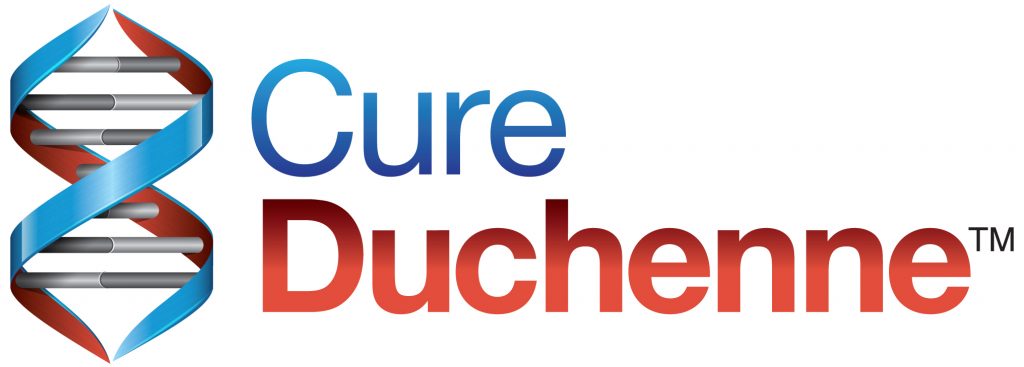2017 Knoxville Brewfest | June 17, 2017
Howdy gang, one of our favorite events is approaching. Just so happens to be Father’s Day weekend (HINT: Tickets are a GREAT gift for dad!). Check out the press release below for more details and info on the worthy cause this event supports, CureDuchenne.
Prost!
————————————-PRESS RELEASE————————————-
Knoxville Brewfest 2017 will be held from 4 p.m. – 8 p.m. at an exciting new venue on the 700 Block of Gay Street in downtown Knoxville. Advance tickets are $45 until June 1, and $50 after. Tickets are on sale March 22nd, and may be purchased at www.knoxvillebrewfest.com. Tickets include admission to Brewfest, a tasting glass, a Fest map, and beer tasting.
The event is being organized to help raise money to find a cure for Duchenne, which is a devastating muscle disease that impacts 1 in 3,500 boys. Boys are usually diagnosed with Duchenne by the age of 5, in a wheelchair by 12 and most do not survive their mid-20s.
“The funds raised by this event will support research projects that are so close to treatments to save our sons’ lives,” said Debra Miller, founder and CEO of CureDuchenne.
For more information about the event, go to www.knoxvillebrewfest.com. To learn more about CureDuchenne, go to www.CureDuchenne.org.
About CureDuchenne
 CureDuchenne, a national nonprofit organization located in Newport Beach, Calif., is gaining international attention for its efforts to raise funds and awareness for Duchenne – a devastating and lethal muscle disease in children. One in every 3,500 male births results in a child being afflicted with the disease. More than 24,000 boys are living with the disease in the United States alone, and most will not survive their mid-20s.
CureDuchenne, a national nonprofit organization located in Newport Beach, Calif., is gaining international attention for its efforts to raise funds and awareness for Duchenne – a devastating and lethal muscle disease in children. One in every 3,500 male births results in a child being afflicted with the disease. More than 24,000 boys are living with the disease in the United States alone, and most will not survive their mid-20s.
The funds CureDuchenne raises support the most promising research projects aimed at treating and curing the disease with the help of its distinguished panel of Scientific Advisors from around the world. To date, seven research projects have made their way into human clinical trials with support from CureDuchenne. This accelerated push to move research from the lab into clinical trials could save the lives of those afflicted and give them hope for halting the progress of the disease. Very few health-related nonprofits have been as successful in being a catalyst for human clinical trials.

